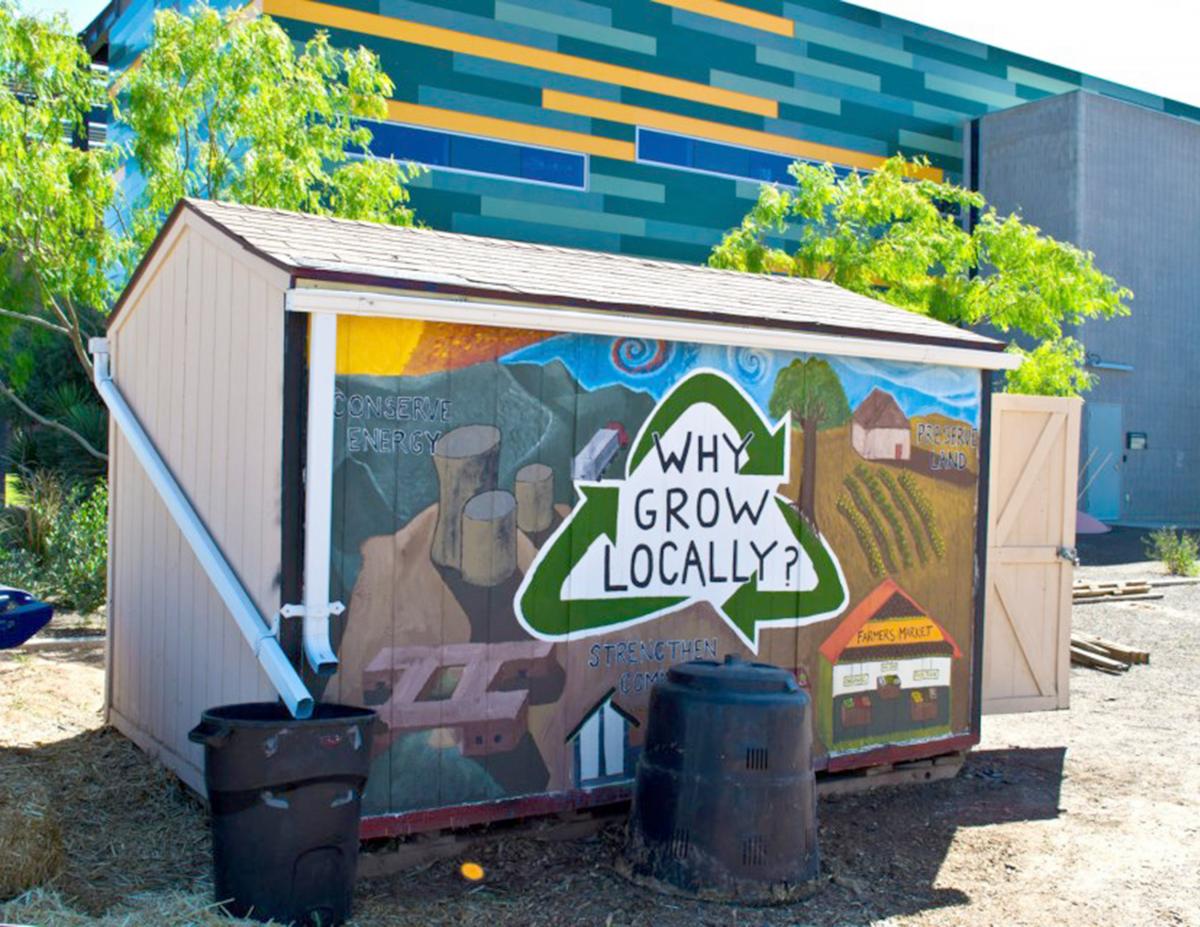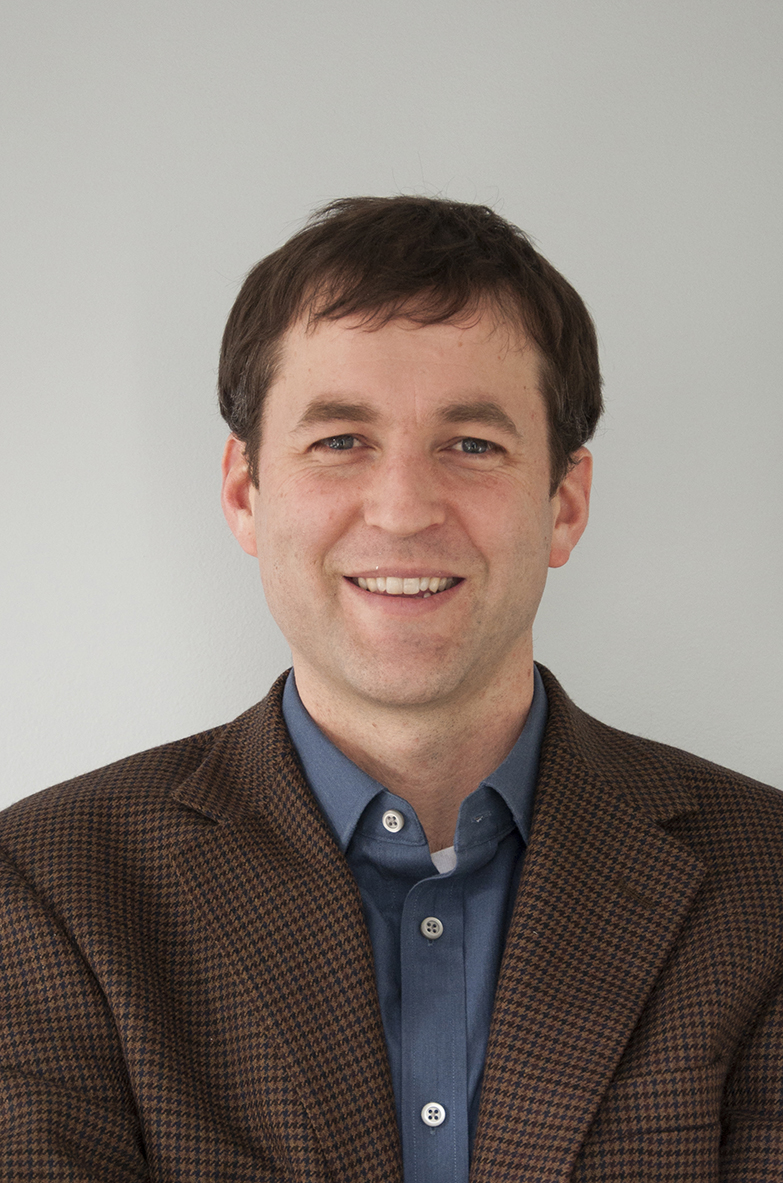by Devin Smith
(This post is part of a series by the Second Nature team about why we do what we do.)

Prior to joining the team at Second Nature six months ago, I was a youth worker for five years, teaching young people in and around Boston how to challenge issues of racism, sexism, violence, poverty, and the associated problems and lack of access that arise from it, in their homes and communities. I also helped them learn how to practice self-care and heal from previous traumas. Young people have an inherent understanding of fairness and equity, and recognize when they or those around them are being treated unfairly, even when they don’t have the language or tools to explain why it is happening. They are angry about the injustices in their lives, and are eager to find ways to make the world a better place.
My orientation towards youth work has always been firmly rooted in social justice, and a desire to carve out safe spaces for those that are most vulnerable in our society, and empower them to make meaningful changes in their lives. It was difficult, however, within the direct service framework, to explore and create broad societal changes that address the root causes of so many of the injustices young people face. At the time, I could not accept that the work I was doing had a ceiling for the amount of impact myself and other youth workers were able to have, because long-term, individual change and empowerment are only stop-gap measures. If we couldn’t address the institutional and societal problems as a whole, what was the point of doing this work at all?
Read more
 by Tim Carter, President, Second Nature
by Tim Carter, President, Second Nature